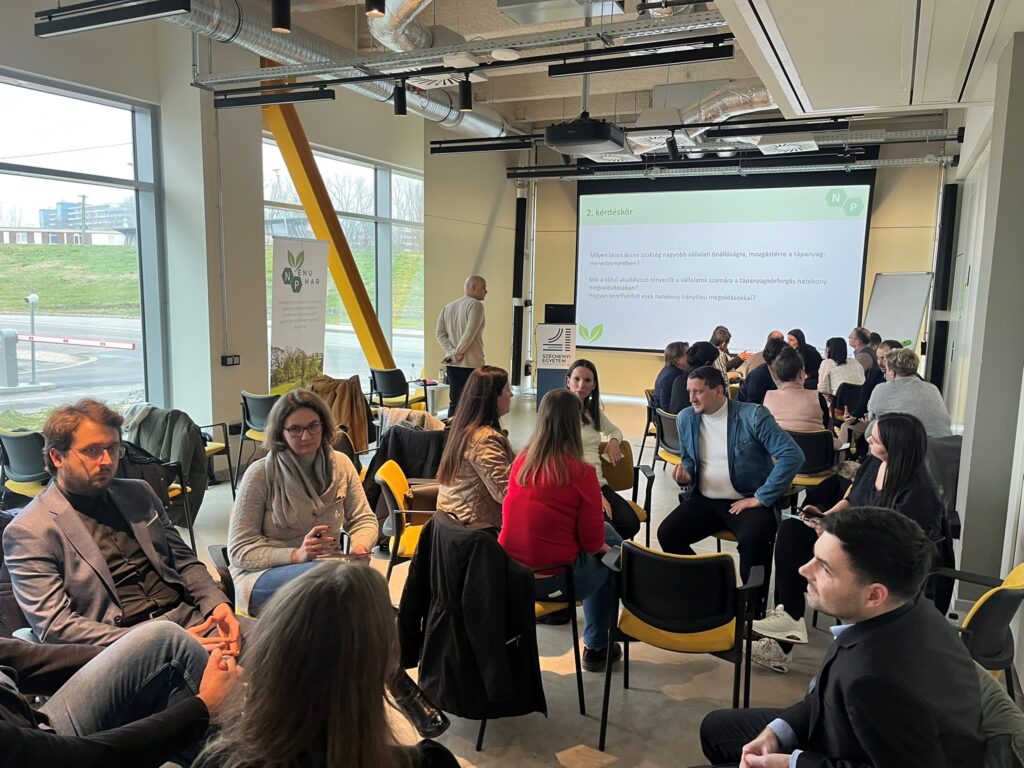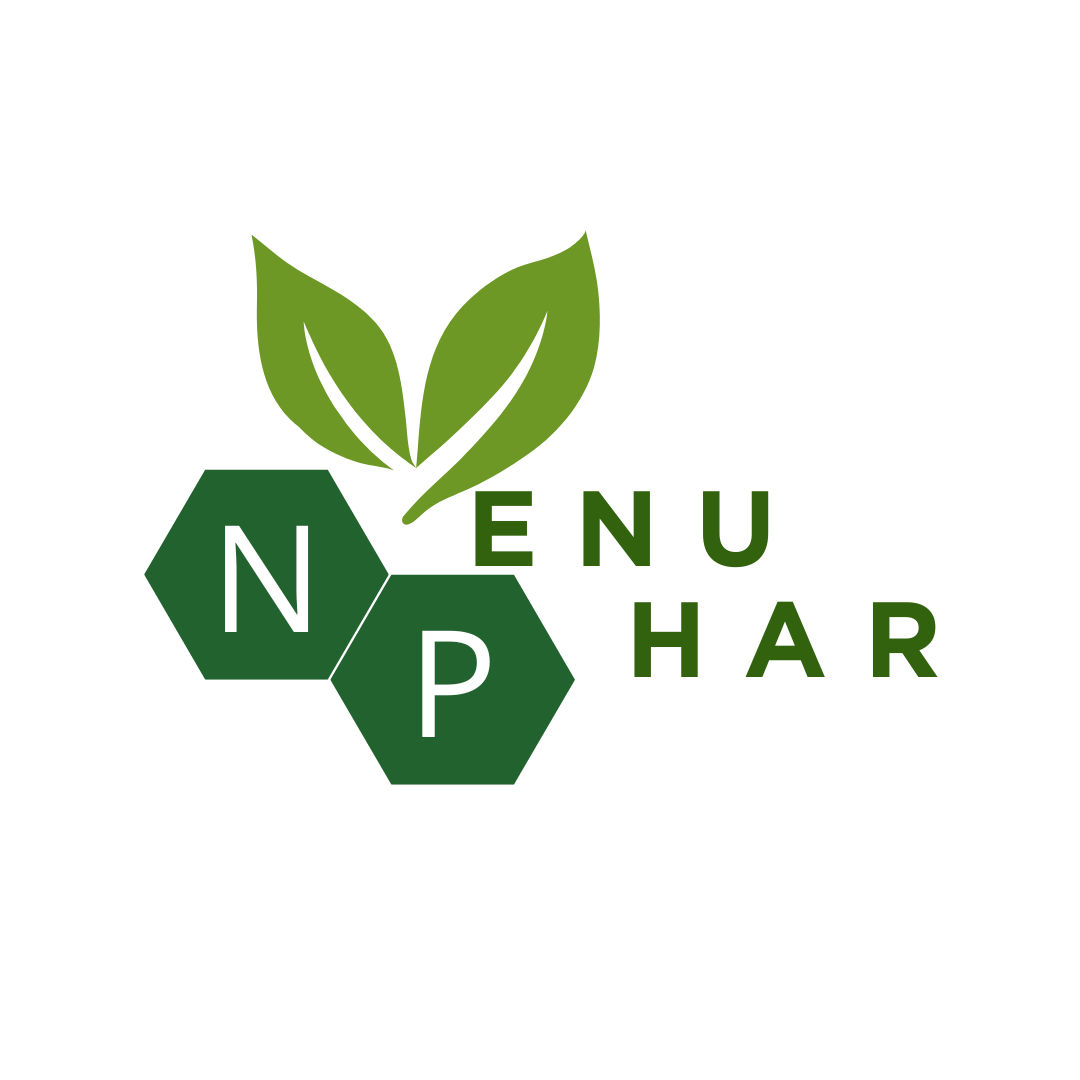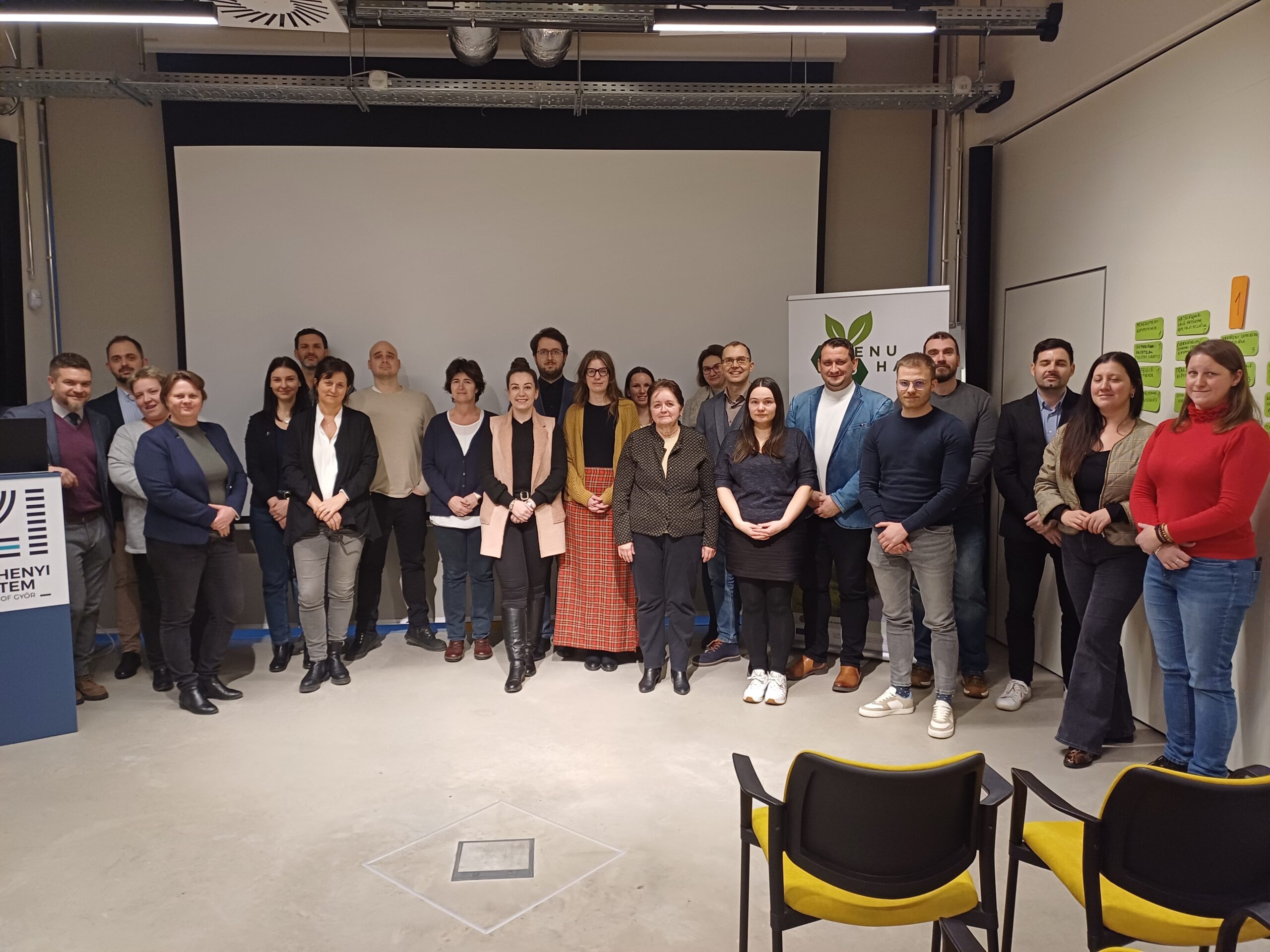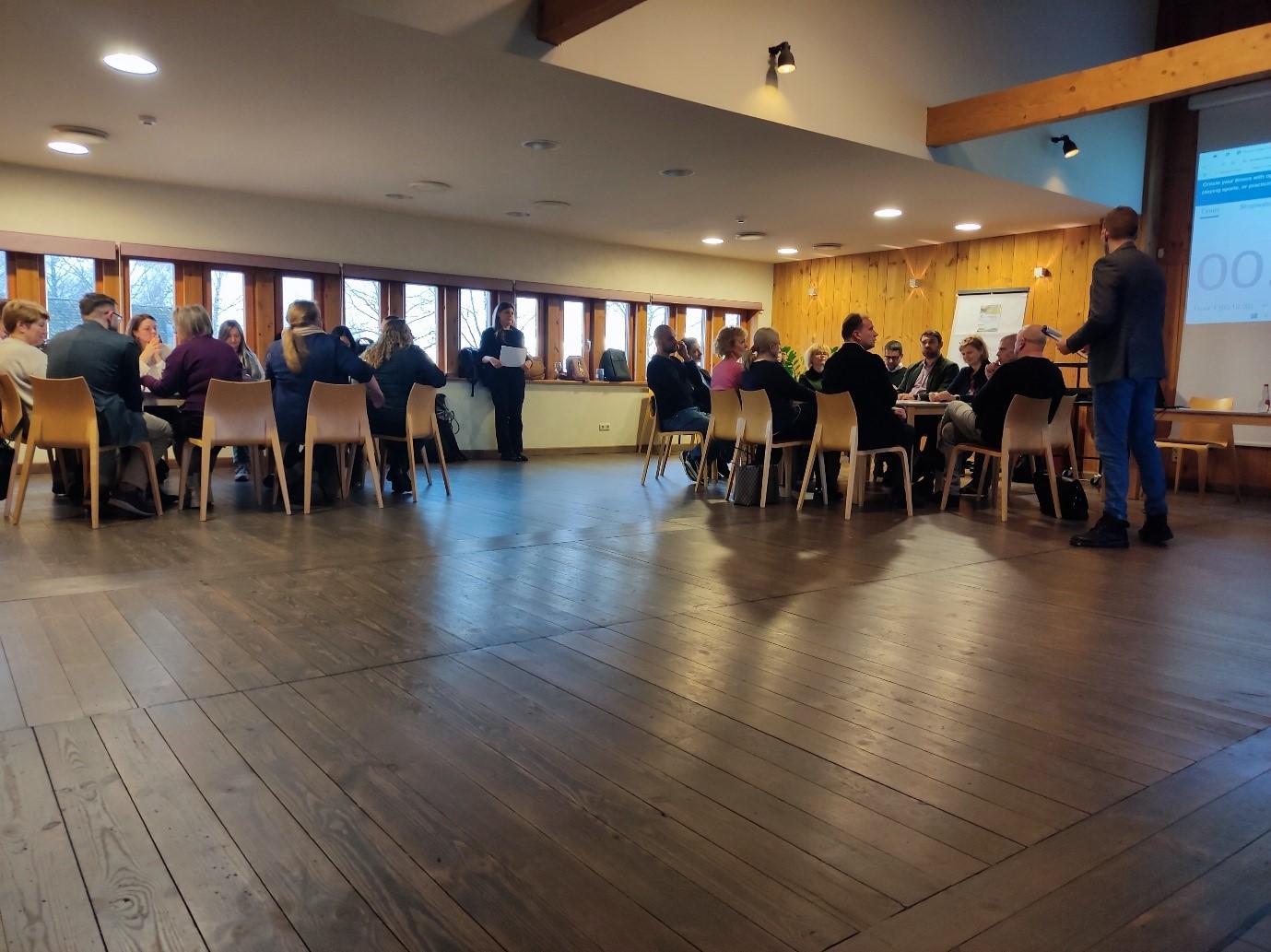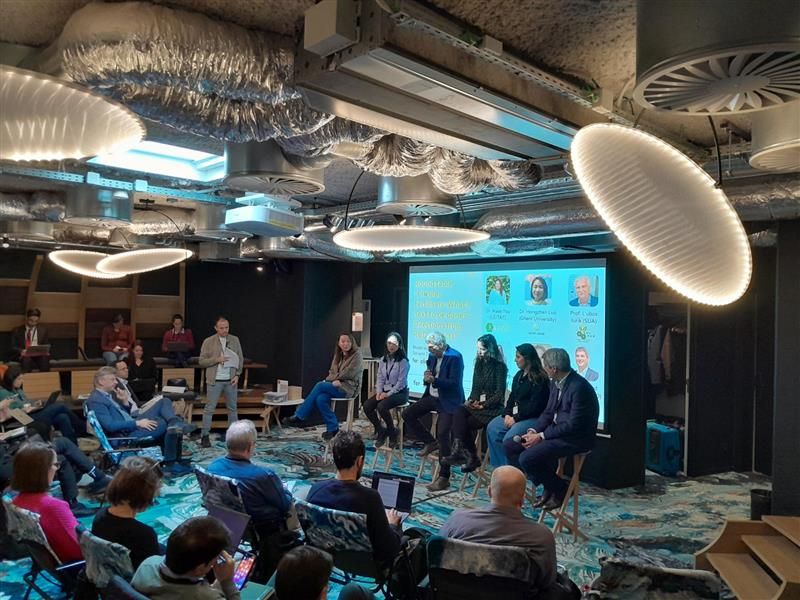On January 16, 2025, the Nenuphar project hosted a national expert meeting and workshop in Győr, Hungary. The event brought together researchers, industry representatives, policymakers and other AKIS members to discuss innovative governance and value chain solutions for managing nutrient-rich waste streams.
The demonstration project in the Danube River basin is a joint project between partners in Slovakia and Hungary. The aim is to treat dairy wastewater at source, extract nutrients and use it as fertiliser in agriculture. In Hungary, Széchenyi István University and the family dairy processing company TEBIKE Kft. from Győr are involved in the development of the innovative technology, while in Slovakia the Slovak Agricultural University is involved. The demonstration technology implemented at the plant of the industrial partner TEBIKE Kft. offers the possibility of nitrogen and phosphorus retention and recovery from dairy by-products and wastewater. Both feedstocks are rich in organic matter. The chemical oxygen demand (COD) ranges from 80 to 95,000 mg/l and the biological oxygen demand (BOD) from 40 to 48,000 mg/l depending on the technology. The pilot solution includes a combination of ozonation and filtration technologies and solutions for the recovery of the resulting main and by-products. Ozonation, by increasing the efficiency of ultrafiltration, has the potential to capture more than 90% of the nitrogen and phosphorus from dairy by-products and to produce a useful product, with the by-products of the process being used in agriculture. (Judit Hámori, Institute of Agricultural Economics)
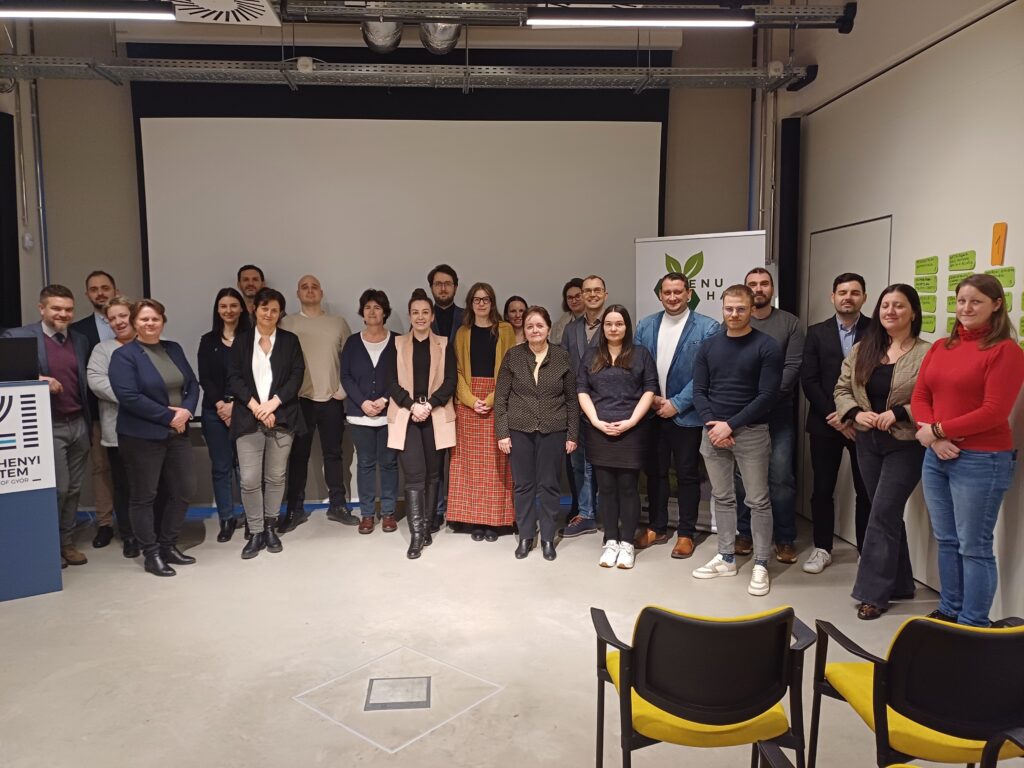
The morning session included a site visit to the demo farm of TEBIKE Ltd., where the participants could observe the technology developed during the project in practice. Informal discussions and a networking session followed this activity.
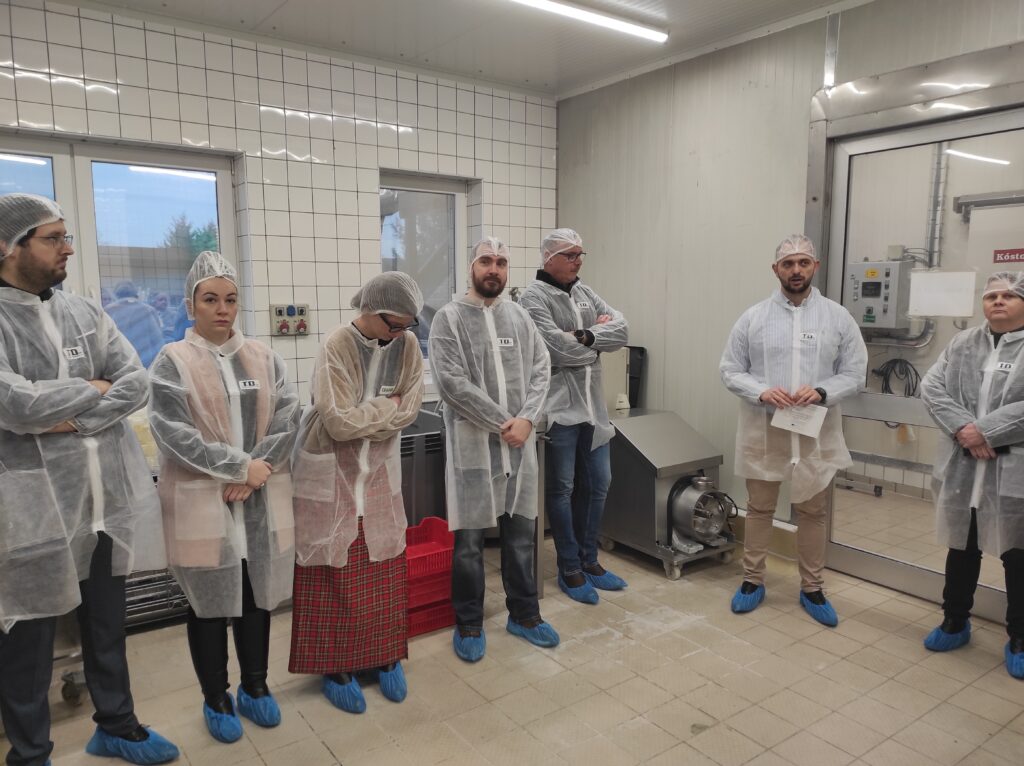
In the afternoon, the event continued at the SZE Science Park with a series of presentations and an interactive workshop. The interactive session was preceded by an interesting presentation on the regulatory environment and challenges of nutrient emissions from the food industry, focusing on developing EU directives and possible mitigation strategies.
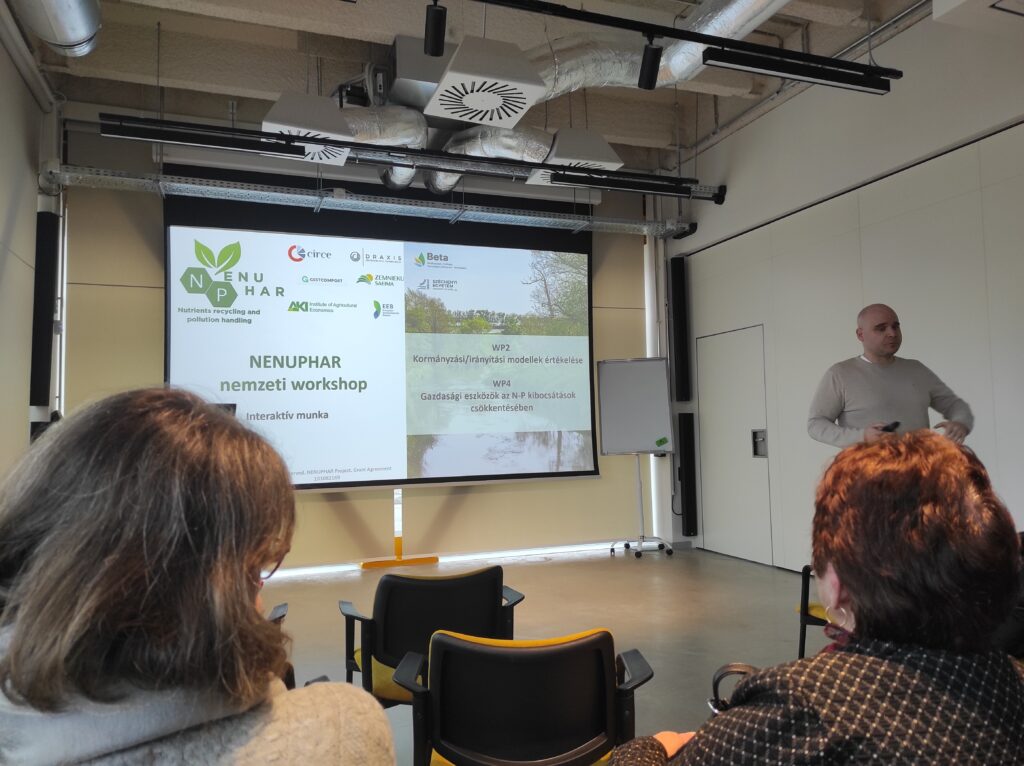
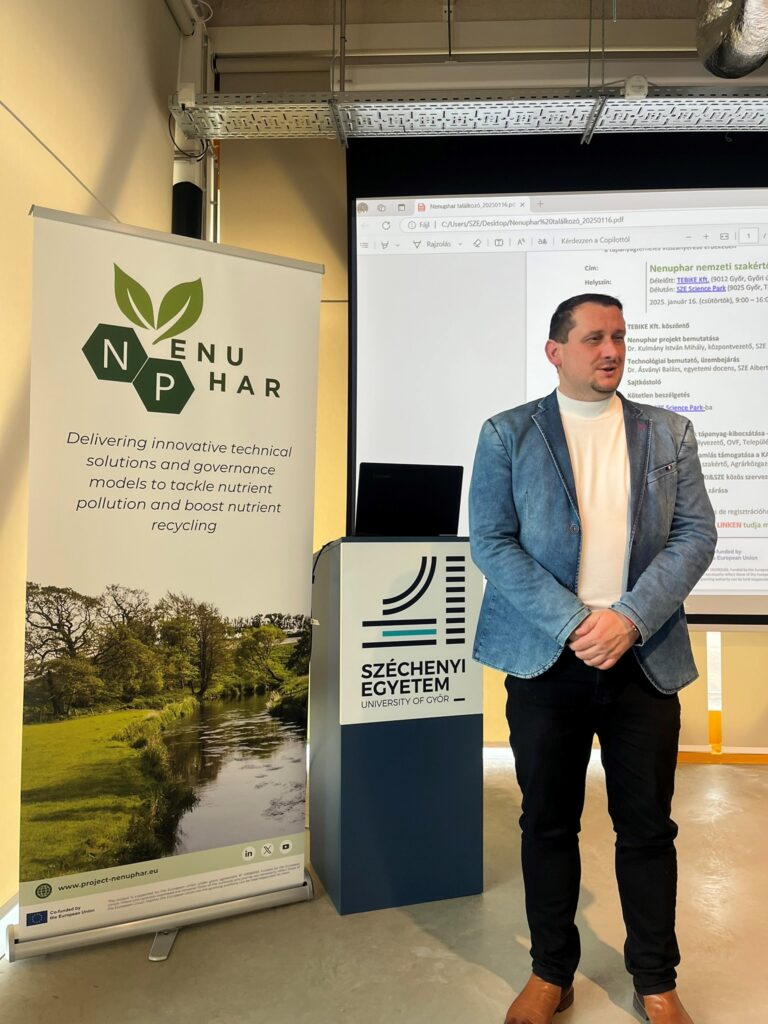
Participants discussed knowledge transfer, financial mechanisms, and industry-specific solutions to enhance nutrient recovery and sustainability. The workshop fostered stakeholder collaboration, strengthening the connection between research and practice. The insights gained from the discussions will contribute to further developing Nenuphar’s governance models and financial tools.
